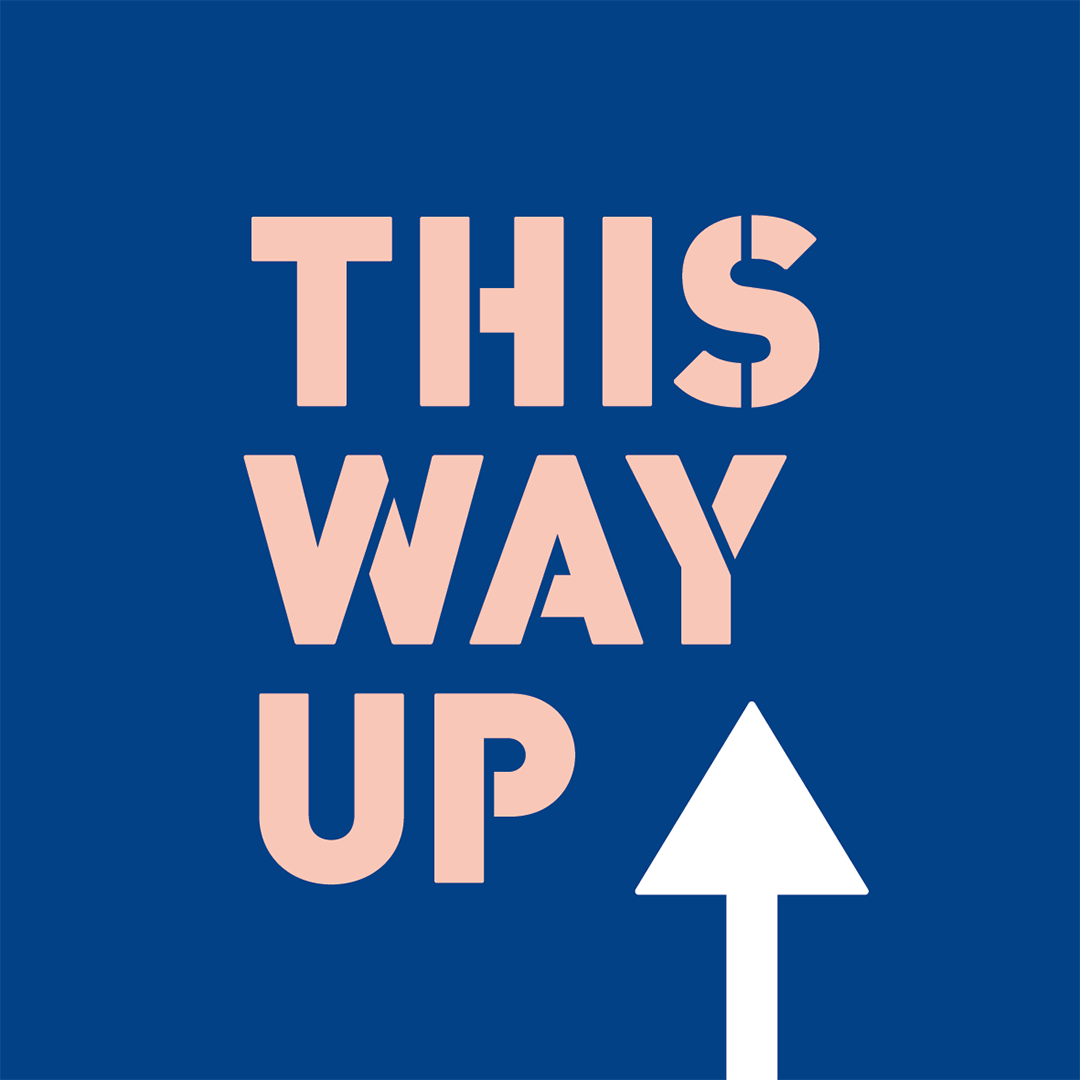To Screen or Not To Screen?
A talk on creating robust film programming that stands up to scrutiny
It’s a wet and windy afternoon in Liverpool for This Way Up – the annual UK film exhibition conference that promises to inspire, enlighten, provoke and challenge. The audience is brimming with filmmakers, programmers and exhibitors – all eager to hear from an expert panel made up of fellow professionals and enthusiasts. Here to discuss the responsibility of making sound programming decisions are Melanie Iredale, Interim Director of Sheffield Doc/Fest; Andrew Simpson, Director of Film Programme at Tyneside Cinema, and Eleanor Thornley, Strategic Manager of Film Hub Midlands.
The afternoon begins with a short welcome from Melanie, who is keen to announce the space as a ‘judgment-free zone’ – a label that sets the tone for an interactive and open session. The first point that is up for discussion is the notion of striking a balance between personal desire and professional responsibility. “As people, we can all choose what we do and don’t consume,” Eleanor begins. As a programmer, the responsibility lies with showcasing as broad a film culture as possible – and that might include films produced by Harvey Weinstein or directed by Woody Allen.
“As programmers, we need to be sensitive towards what our audience are thinking about,” Andrew offers. Part of the decision-making process for programmers, of course, boils down to context. Andrew, for example, recently included films by Roman Polanski on Tyneside Cinema’s Cinematic North East programme. “The context within which these films have been included in the programme is not centred on Polanski, rather the North East of England,” he explains, adding, “To me, that’s justifiable.”
The idea of placing films into context is a theme that comes up throughout the discussion – both by the panellists and by the conference delegates – with the general consensus being that it’s a good idea to open up a dialogue around programming decisions. For Andrew, this might involve preparing a statement or response that “ignites discussion.”
At this point, it’s worth noting that decisions don’t just centre around programming a controversial film; they can equally, if not even more so, ignite discussion when choosing notto programme something. When audiences expect to see an award-winning film, say, at what point is it acceptable to choose not to programme it? “If you consider a film to be offensive, you need to make that decision not to show it,” Andrew answers, continuing. “But you also need to have a response as to why that decision was made.” Melanie agrees: “Audiences are savvy; they expect transparency. Especially if they have already bought into your brand.”
“If you consider a film to be offensive, you need to make that decision not to show it, but you also need to have a response as to why that decision was made.”
The above is all fine and well, but what about decision-making from a business perspective? “You have to be honest about the economic imperatives we [as programmers] sit within as an organisation,” Andrew states. Independent cinemas, naturally, cannot be compared with commercial cinemas in that they aren’t quite so driven by making money. Does that coincide with a more diverse programme, I wonder? “We’re all trying to create more and more diverse programmes that are moving away from a celebration of white men,” Andrew notes, with Eleanor joking, “Classic Hollywood is a hotbed of disgusting men!”
It’s worth considering, however, that films are the work of hundreds and hundreds of people – not just Weinstein, Allen et al. “Sometimes, it’s about shifting where you put the spotlight,” Melanie offers. This might mean focusing on a film’s writer, say, instead. Which leads on to the next point, offered up by a delegate: How far do you take things? Where there are well-known producers accused of sexual assault, there might be executive producers, assistants, runners accused of the very same crime. Where is the line drawn? Eleanor has the final thought…
“Ultimately, it’s about what we, as public funders, should be championing and lifting up.””


